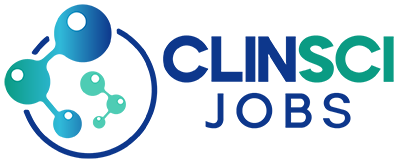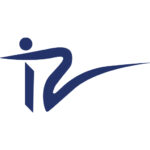Job Description
Duties and Responsibilities:
- Provides medical expertise and assessment to support patient safety throughout the lifecycle.
- Provides technical and clinical information regarding product usage and performance, specifically as it relates to patient safety.
- Collaborates with multiple functions including Research and Development, Risk Management, Quality/Post-Market Vigilance, Regulatory, and Clinical Affairs.
- Maintains medical knowledge in medical specialties, diagnoses, treatments and procedures related to product and therapy areas.
- Leverages medical knowledge and advocate for patient safety by providing medical safety input to internal functions and business processes across the product life cycle.
- Acquires and maintains proficient knowledge of assigned products and therapies, such as device design and function, product labeling, indications, mechanism of action, care pathways, and overall safety profile (i.e. hazards and harms).
- Actively acquires and maintains knowledge of relevant scientific literature associated with assigned devices/therapies.
- Evaluates events and potential safety signals identified through Quality, Clinical, and Regulatory related business unit processes.
- Authors high quality and accurate safety assessments per business unit processes, leveraging complaint data, literature, registries, or other data sources as appropriate.
- Critically assesses and escalates newly identified safety issues per business unit processes for investigation assessment and action.
Differentiating Factors:
1. Autonomy:
- Recognized expert, managing large projects or processes.
- Exercises considerable latitude in determining deliverables of assignments, with limited oversight from manager.
- Coaches, reviews and delegates work to lower level specialists.
2. Organizational Impact:
- Contributes to defining the direction for new products, processes, standards, or operational plans based on business strategy with a significant impact on work group results.
- May manage large projects or processes that span outside of immediate job area.
3. Innovation and Complexity:
- Problems and issues faced are difficult, moderately complex and undefined, and require detailed information gathering, analysis and investigation.
- Develops solutions to moderately complex problems, and/or makes moderate to significant improvements of processes, systems or products independently to enhance performance of job area.
- Implements solutions to problems.
4. Communication and Influence:
- Represents organization as a primary contact for specific projects and initiatives; communicates with internal and external customers and vendors at various levels.
- May negotiate with others to reach understanding or agreement, and influence decision-making.
5. Leadership and Talent Management:
- Typically provides guidance, coaching and training to other employees within job area.
- Typically manages major / moderately complex projects, involving delegation of work and review of work products, at times acting as a team leader.
Required Knowledge and Experience:
- Requires mastery of a specialty area and full knowledge of industry practices, typically obtained through advanced education combined with experience.
- May have broad knowledge of project management.
- Requires a Baccalaureate degree (or for degrees earned outside of the United States, a degree which satisfies the requirements of 8 C.F.R. § 214.2(h)( 4)(iii)(A) and minimum 7 years of relevant experience, or advanced degree with a minimum of 5 years of relevant experience.
- Command of basic statistical and data analytical assessments.

